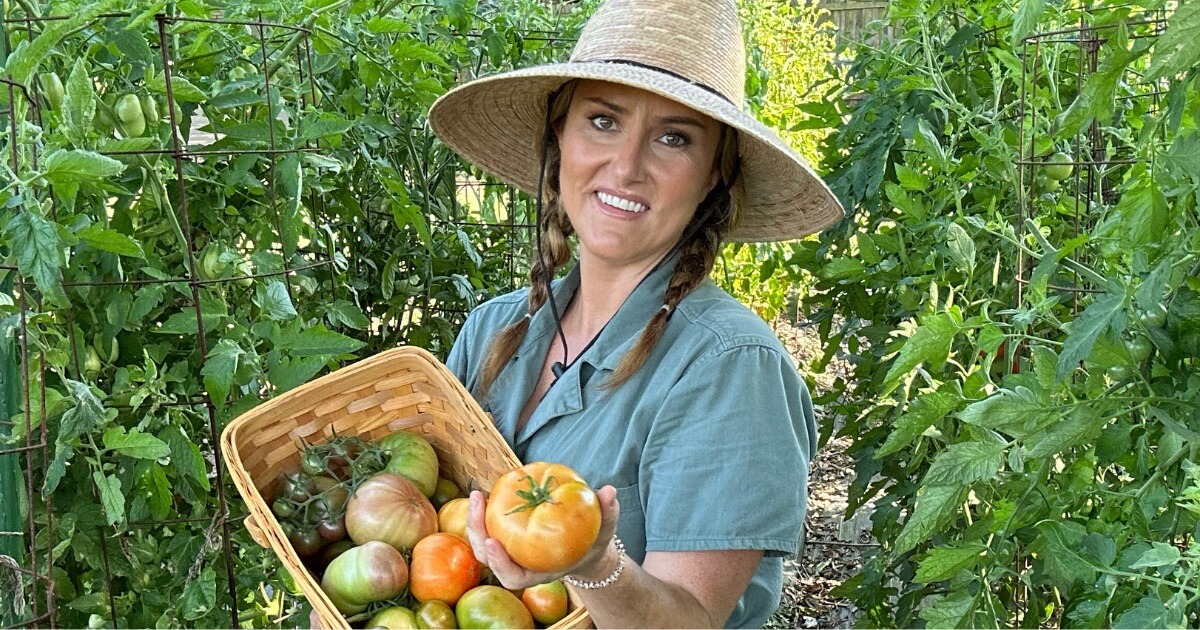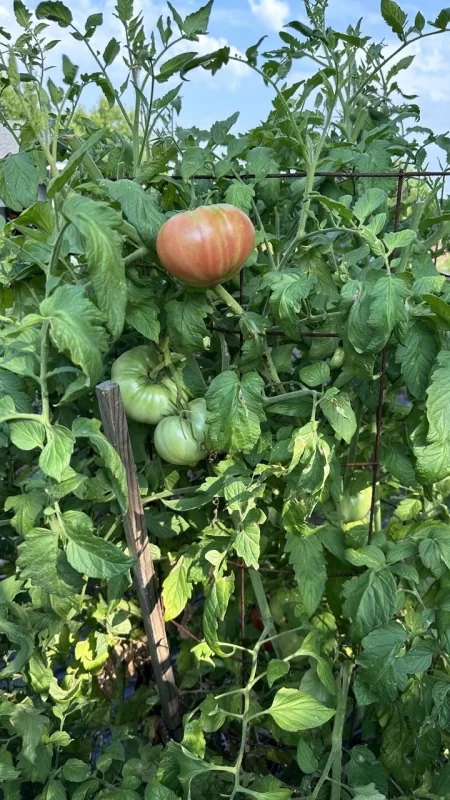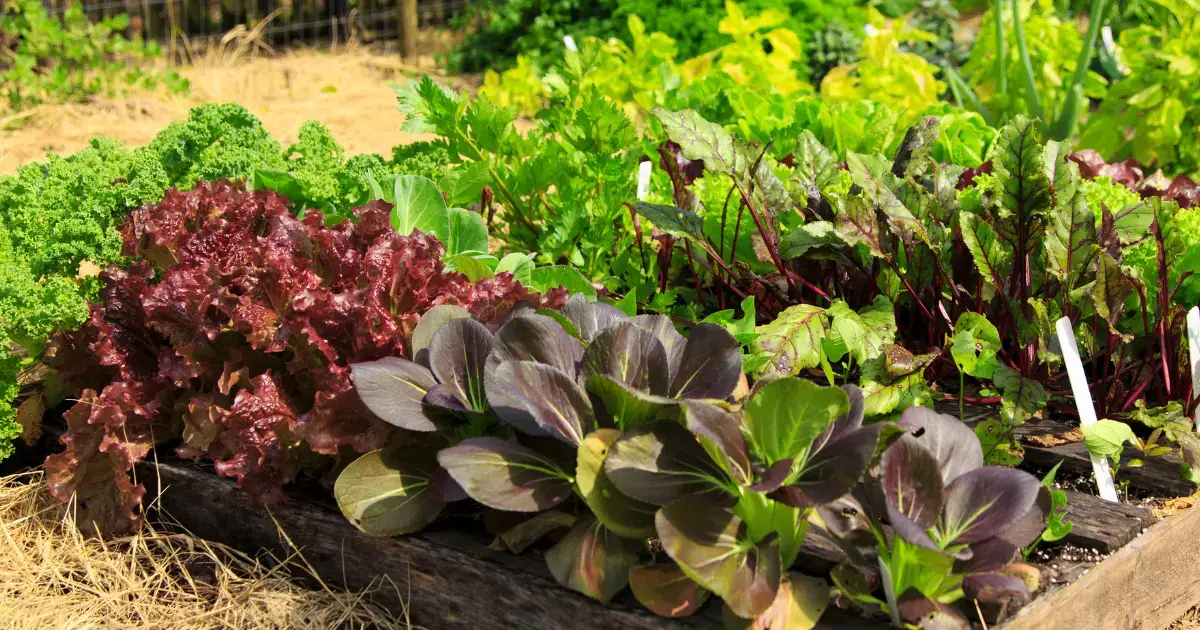
As if I needed another reason to love tomatoes.
New research presented at the 2025 American Physiology Summit held in April just gave me one: it turns out that lycopene—the antioxidant compound that gives tomatoes and watermelons their gorgeous red color—may play a powerful role in supporting liver health and even preventing weight gain.
You already know I’m obsessed with tomatoes. I teach a whole class on growing them successfully in our hot Texas climate, and I am currently writing a book on how to grow them successfully that will be published in 2027 (stay tuned!). But this study caught my attention because it links something gardeners already love—fresh tomatoes—with something so many of us are working on: healthier habits and better metabolism.
New study on tomato consumption and liver function
Here’s the short version: researchers at Northern State University were inspired by an earlier study where estrogen supplements helped zebrafish avoid obesity, even when they were overfed. Since lycopene affects some of the same biological pathways as estrogen, they wondered—could eating tomatoes have a similar effect?
Tomatoes and metabolism: What this means for you
So researchers fed zebrafish high-fat diets and supplemented them with different combinations of tomato extract, lycopene, and estrogen. The group that received tomato extract did better than the one that got estrogen supplements alone. The tomato-fed fish not only resisted weight gain more effectively, but also showed improvements in blood sugar levels—suggesting better fat metabolism in the liver.
Even better? The positive effects kicked in after just one week.
That’s huge. It means that small, consistent changes to what we eat—like tossing a few more homegrown tomatoes into our meals—could start nudging our metabolism in a better direction pretty quickly.
Not all tomatoes are created equal
The researchers are continuing their work to understand how lycopene interacts with liver function, inflammation, and gene expression, and how different tomato varieties might vary in their impact. (You know I’ll be following that closely—because if ‘Juliet’ tomatoes end up being better than ‘Celebrity,’ I want to know.)
Grow tomatoes, support your health
Of course, while lycopene supplements exist, the researchers made it clear that the health benefits of whole foods—like actual tomatoes—are better understood and far more reliable. I always say: if you can grow it, cook it, and eat it, that’s your best bet.
So if you needed a little nudge to plant more tomatoes this season—or a reason to reach for the ripest ones at the market—this is it.
Science just keeps confirming what gardeners already know: fresh, vibrant, homegrown food is good for the body and the soul.

To read the study abstract, go here.
- Can Eating Tomatoes Help Prevent Weight Gain? New Study Says Yes - May 25, 2025
- New to Gardening? Join Our Step-by-Step Beginner Gardening Class - April 24, 2025
- Why “Intensive” Gardening is Not Good - March 9, 2025



